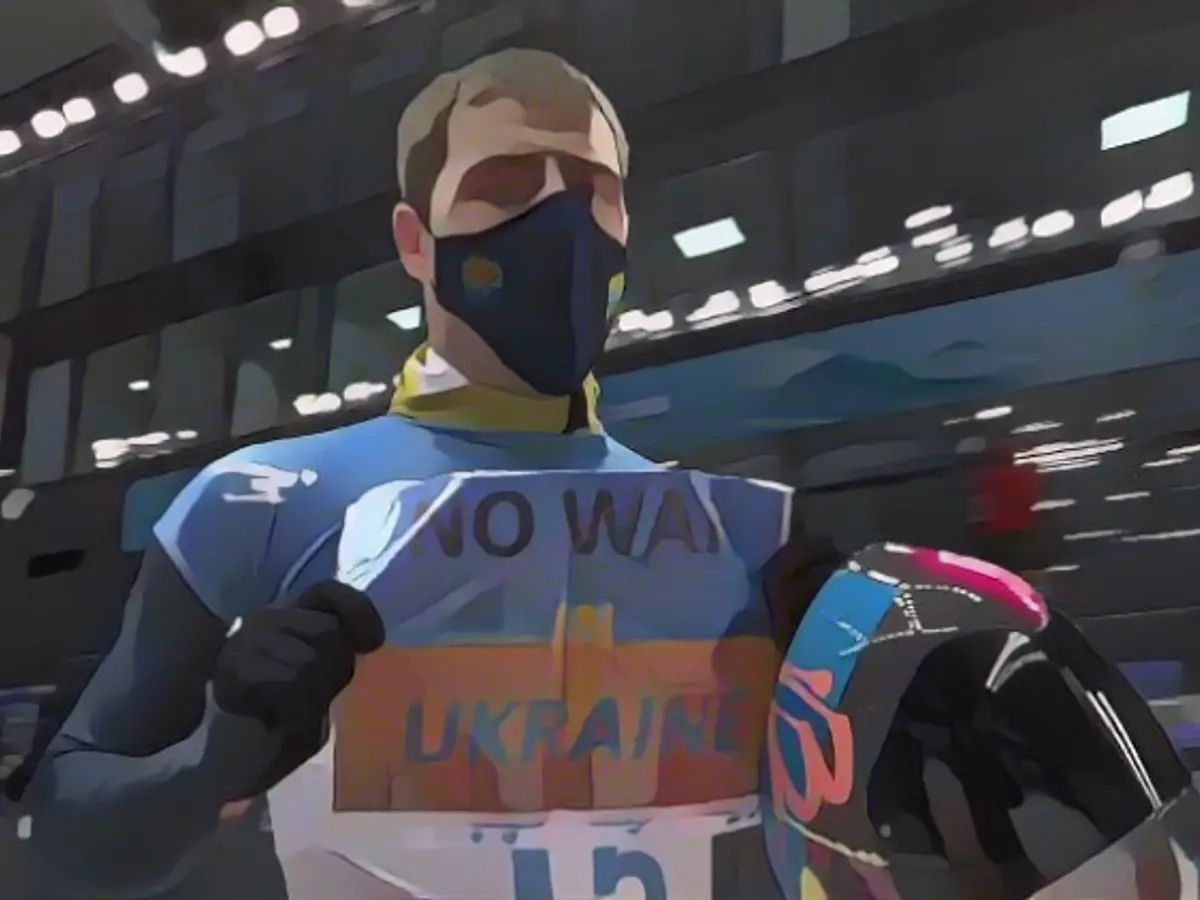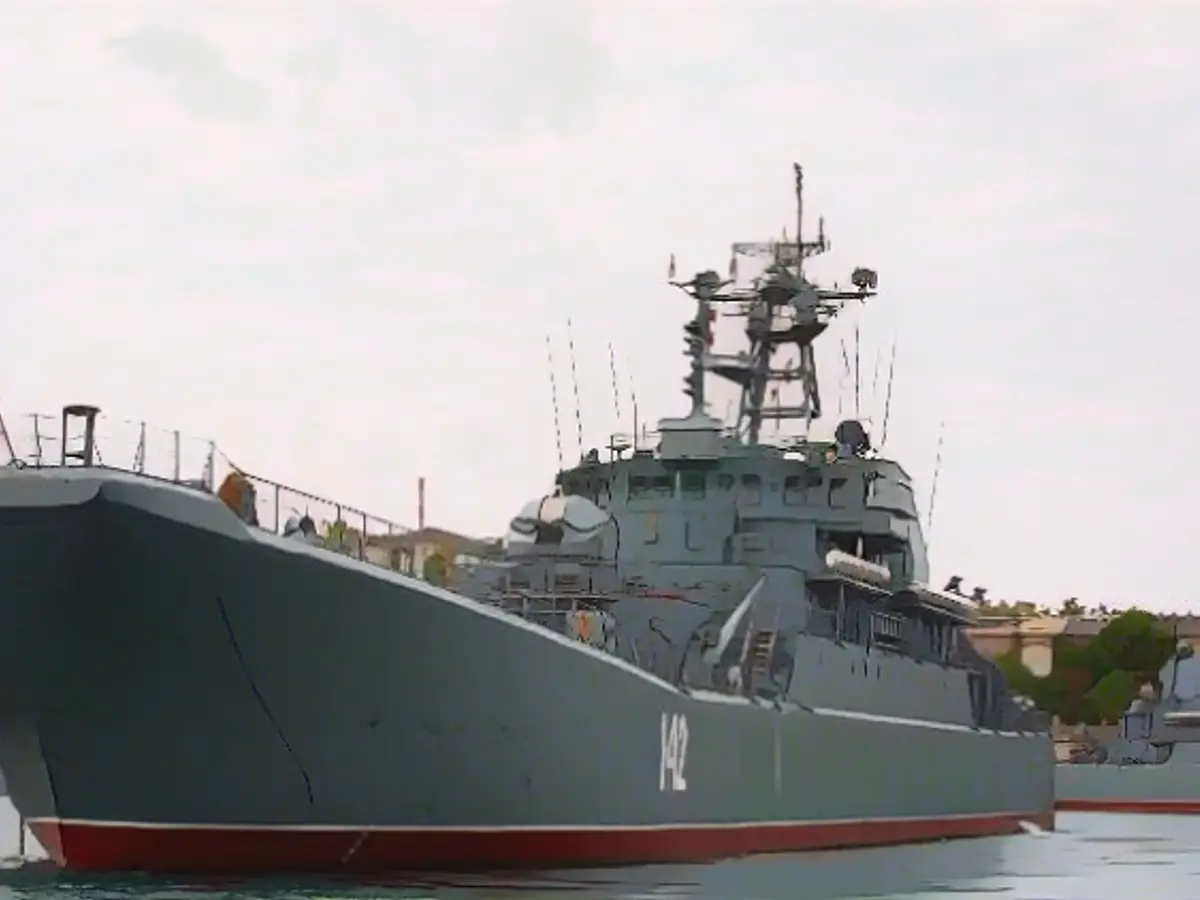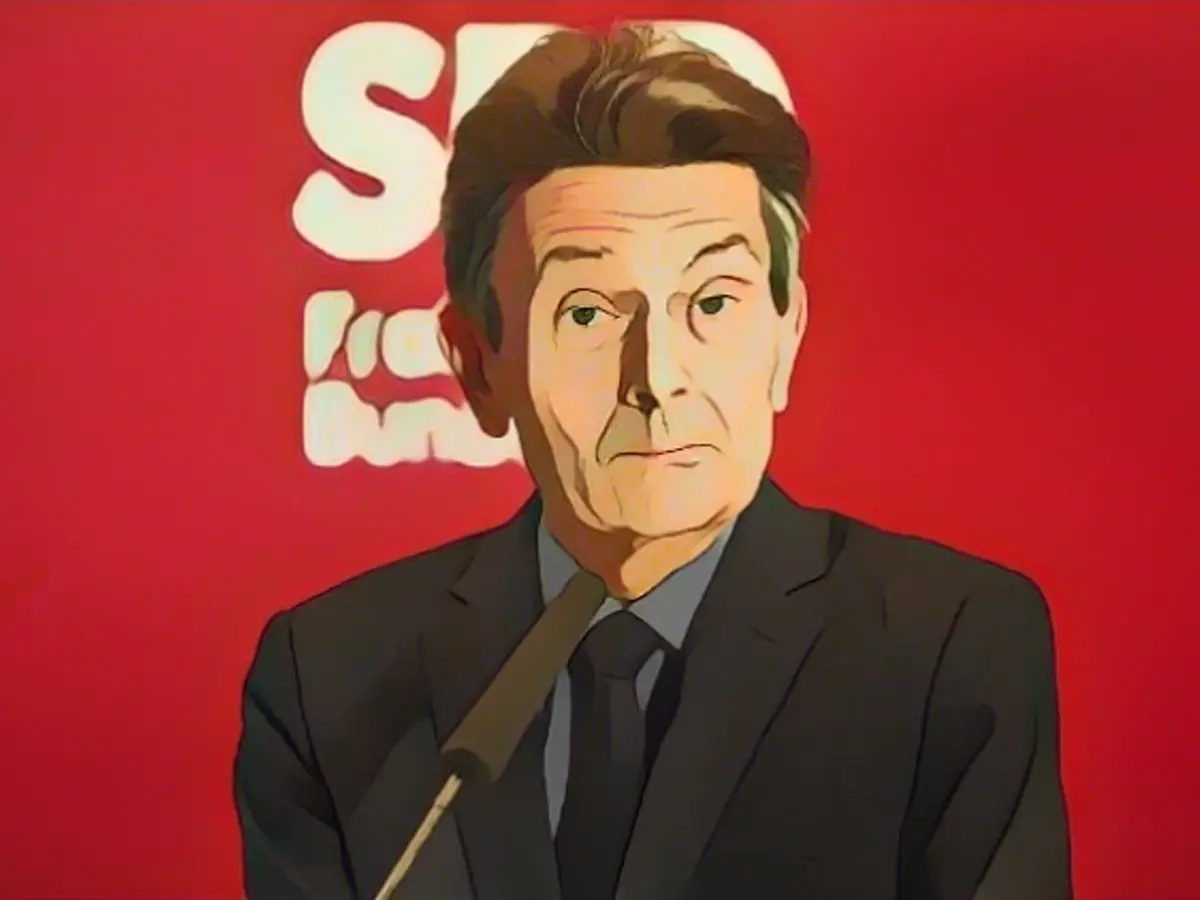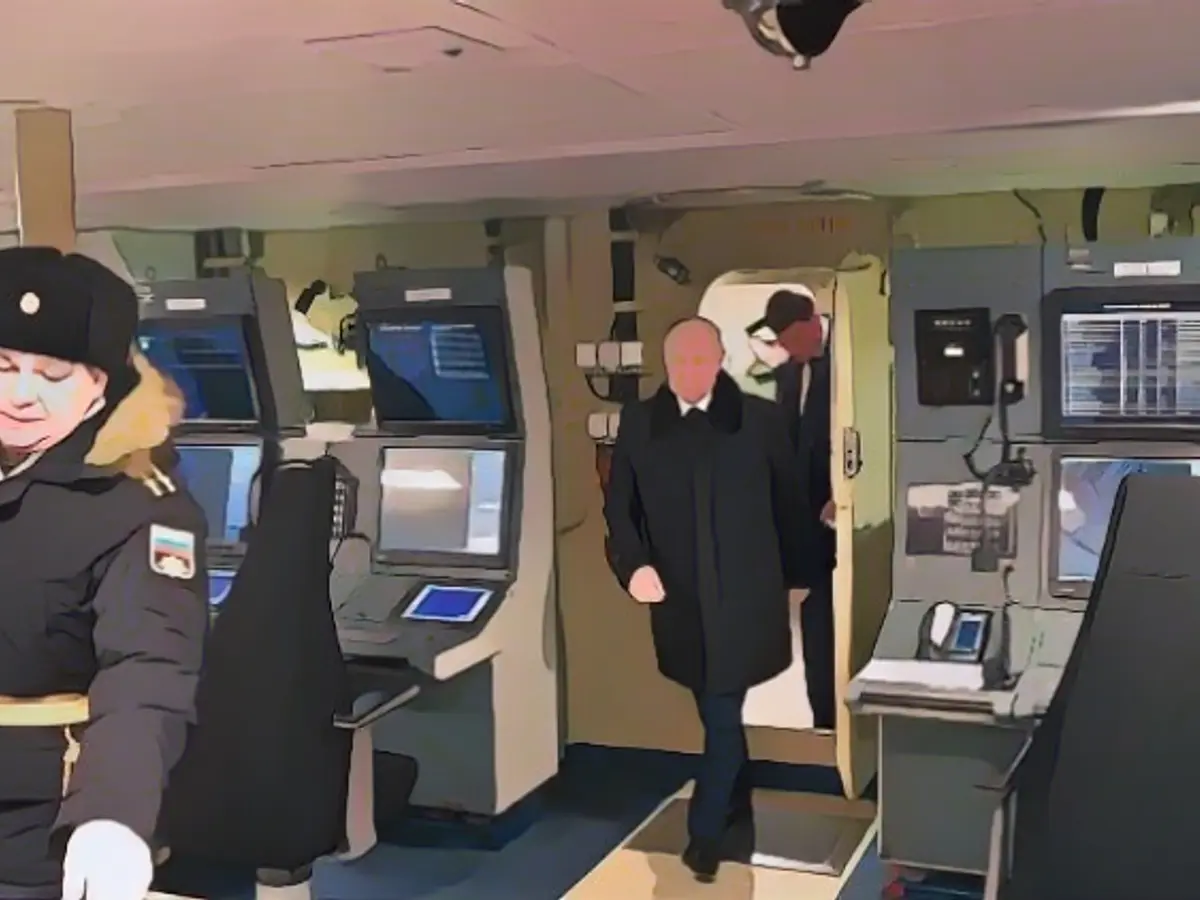Standing Up for Values: Heraskevich's Fight Against Russian and Belarusian Athletes
In the wake of Ukraine's ongoing conflict with Russia, Ukrainian skeleton athlete Vladislav Heraskevich has emerged as a vocal critic of the International Olympic Committee (IOC) and its decision to allow Russian and Belarusian athletes to compete in the 2024 Olympic Games under a neutral flag.
Heraskevich, who gained attention during the 2022 Olympics in Beijing when he held up a "No war in Ukraine" sign during his run, has been collecting evidence of Russian athletes supporting their government's war efforts. According to him, he has compiled evidence against at least 600 Russian and Belarusian athletes, some of whom have appeared at war parades with President Putin and shared images that glorify war.
The 24-year-old athlete strongly criticizes the IOC for allowing Russia to use its athletes as propaganda tools, arguing that such actions will only lead to more deaths on both sides. Ferociously defending his stance, Heraskevich asserts that preventing the misuse of athletes for propagandistic purposes is more important than any competition.
Reasons for Opposition
Heraskevich's opposition to Russian and Belarusian athletes participating in the Olympics is rooted in several reasons. Firstly, he contends that Russia and Belarus are using their athletes as propaganda tools to legitimize their war efforts and spread misinformation. Secondly, he argues that the participation of these athletes violates international law and human rights.
Thirdly, Heraskevich is concerned about what concessions will be made to these countries in the future to allow their athletes to compete. He suggests that the IOC's decision may set a dangerous precedent, potentially inviting other nations that engage in illegal activities to do the same.
International Athletics Authorities' Reaction
International athletics authorities, including World Athletics president Sebastian Coe, have opposed the IOC's decision to allow Russian and Belarusian athletes to compete in the Olympics. Coe, who ruled out the participation of these athletes in competing in athletics events, highlights the importance of standing against the ongoing conflict in Ukraine.
While the IOC has imposed certain conditions on Russian and Belarusian athletes to participate in the Olympics, such as not having any connections with the army or security forces, athletes from these countries are still banned from participating in international athletics competitions.
Enrichment Insights
While the IOC's decision has been met with mixed reactions, the majority of international sports bodies and governments have criticized the move. The sports ministers of the Baltic states and Poland have jointly criticized the IOC's stance, asserting that it legitimizes Russia's and Belarus's political actions and allows them to use sports as a propaganda tool.
Ukrainian president Volodymyr Zelensky and Ukrainian sports minister Matviy Bidnyi have also expressed strong opposition, viewing the IOC's decision as a legitimization of Russia's aggression against Ukraine.
In summary, Heraskevich's opposition to Russian and Belarusian athletes participating in the Olympics is based on several reasons, including the misuse of athletes for propaganda purposes and the violation of international law. International athletics authorities have also opposed the IOC's decision, highlighting the importance of standing against the ongoing conflict in Ukraine.








